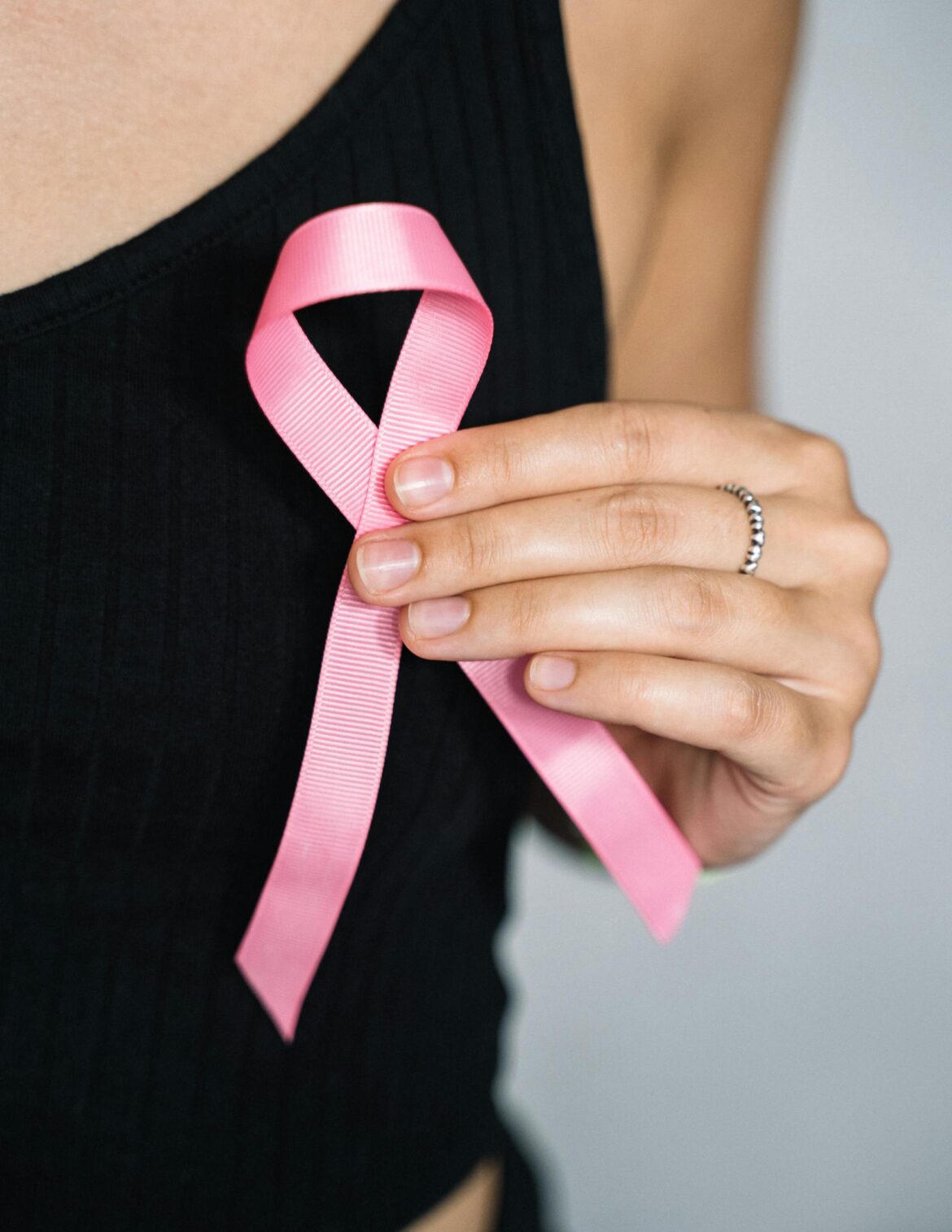Recent breast cancer statistics paint a complex picture. While breast cancer mortality has dropped by 44% over the past three decades, there’s been a concerning surge in early-onset breast cancer, particularly among women under 50. This trend, reported by the American Cancer Society, also underscores persistent racial disparities, with Black women facing higher risks of aggressive cancers and lower survival rates.
Breast Cancer Trends and Racial Disparities
The rise in breast cancer, especially among younger women, is alarming. According to Dr. Marisa Weiss, founder of Breastcancer.org, the modern lifestyle significantly contributes to this increase. Additionally, Black women are disproportionately affected by triple-negative breast cancer, a more aggressive subtype, and face lower survival rates across most stages and subtypes of the disease.
Why Are Breast Cancer Cases Rising?
Several factors linked to modern living have been identified as contributors to the rise in early-onset breast cancer, including:
- Delayed childbearing
- Reduced breastfeeding
- Increased alcohol consumption
- Obesity and lack of exercise
- Poor diet
- Extended use of hormonal medications
Research shows that nearly 50% of cancer cases in the US are tied to modifiable risk factors, with breast cancer being one of the most impacted. After lung cancer, breast cancer is the second most closely associated with lifestyle risk factors. Alcohol consumption, in particular, is linked to higher risks for several cancer types, including breast cancer.
Expert-Recommended Steps to Reduce Breast Cancer Risk
Reducing breast cancer risk requires a multi-faceted approach focused on lifestyle and environmental changes. Experts recommend:
- Maintaining a healthy weight
- Exercising regularly
- Adopting a plant-based or Mediterranean diet
- Limiting or avoiding alcohol
- Minimizing exposure to environmental pollutants
- Opting for non-hormonal birth control methods
- Quitting smoking
- Prioritizing good sleep
- Staying socially active
- Considering genetic testing if at high risk
- Diet and Breast Cancer Prevention: What You Need to Know
Diet plays a significant role in breast cancer prevention. Dr. Weiss suggests focusing on a plant-based diet rich in fruits, vegetables, nuts, seeds, beans, and grains, with meat and fish taking a backseat. Opting for organic produce from the Environmental Working Group’s ‘Dirty Dozen’ list can help reduce exposure to harmful pesticides. If organic options are unaffordable, a Mediterranean or vegetarian diet is still highly beneficial.
Simple strategies like removing chicken skin and avoiding the fatty parts of fish can help further reduce exposure to environmental toxins.
Conclusion: Take Action to Lower Your Breast Cancer Risk
Although early-onset breast cancer cases are rising and racial disparities persist, there are many steps you can take to reduce your risk. These include lifestyle modifications, dietary changes, and regular medical check-ups. For those with dense breasts or a family history of breast cancer, it’s crucial to speak with a doctor about genetic testing and personalized risk management strategies.
Staying proactive about breast cancer prevention can significantly reduce your risk and improve outcomes if diagnosed early.



